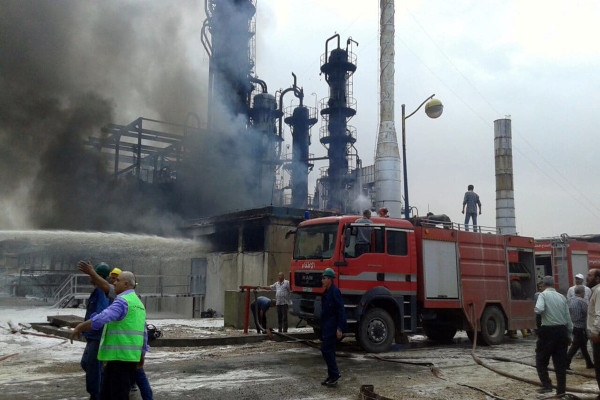
In Syria, Kurdish-led authorities in the northeast have begun providing oil from local fields they manage to the central government in Damascus, Syrian oil ministry spokesman Ahmed Suleiman told Reuters on Saturday.
It was the first known delivery from Syria’s oil-rich northeast to the Islamist-run government installed after former leader Bashar al-Assad was toppled by rebels in December.
Suleiman said the oil was from fields in the provinces of Hasakeh and Deir el-Zor that border Iraq and Turkey, but did not provide further details, including the amount provided or other terms of the deal.
Syria exported 380,000 barrels per day (bpd) in 2010, a year before protests against Assad’s rule spiralled into a nearly 14-year war that devastated the country’s economy and infrastructure – including its oil.
Oilfields changed hands multiple times, with the Kurdish-led Syrian Democratic Forces (SDF) ultimately capturing the key northeast fields, although U.S. and European sanctions made both legitimate exports and imports difficult.
The United States issued a six-month sanctions exemption in January allowing some energy transactions and the European Union is set to suspend its sanctions related to energy, transport and reconstruction.
In the interim, Syria is seeking to import oil via local intermediaries after its first post-Assad import tenders garnered little interest from major traders due to sanctions and
financial risks, several trade sources told Reuters.
Internal oil trade is also a key part of talks between the semi-autonomous northeast region and the new Islamist authorities in Damascus, which want to bring all regions in Syria under centralised control.
Sources said the SDF would likely need to relinquish control of oil revenues as part of any settlement. SDF commander Mazloum Abdi said last month that his force was open to handing over responsibility for oil resources to the new administration, provided the wealth was distributed fairly to all provinces.
With Reuters inputs
Thirty eight years in journalism, widely travelled, history buff with a preference for Old Monk Rum. Current interest/focus spans China, Technology and Trade. Recent reads: Steven Colls Directorate S and Alexander Frater's Chasing the Monsoon. Netflix/Prime video junkie. Loves animal videos on Facebook. Reluctant tweeter.




